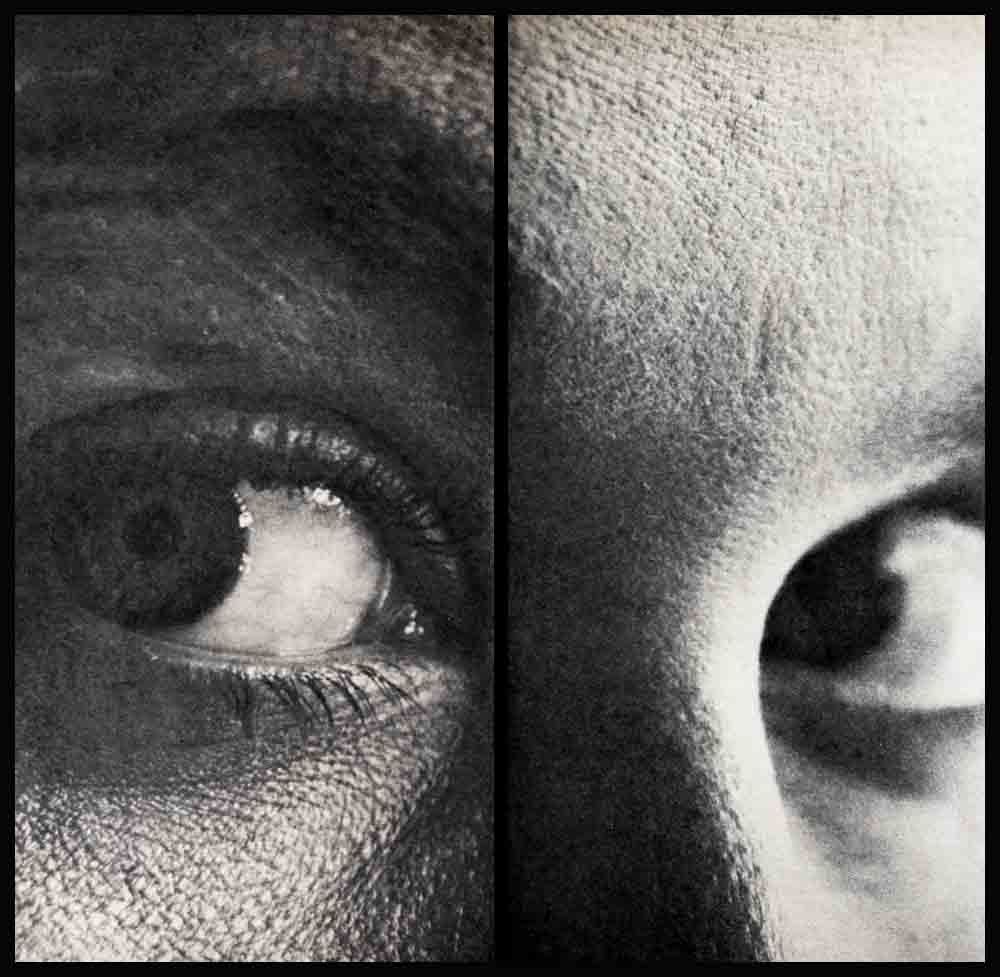
If You Fell In Love With A Married Man. . . What Would You Do?
I was eighteen, he was thirty-three. I was just getting started in show business. . . . I’d dated a few actors, Peter Brown, Troy Donahue . . . but this man was a successful European star, charming, continental, with a voice and accent totally enchanting and a personality unlike any I had ever known.
We met on the set and tested together for the picture. I was to play his daughter in one sequence in which he’d aged. But the director wanted me on the set constantly to observe and learn. When my time came to shoot, I’d be ready.
I observed. This man—I’ll call him Jacques Blanc because that isn’t his name—is a talented actor. His technique was a revelation. I was then, and still am, an emotional actress who lives a scene. Watching him, I discovered how he achieved his simplicity of performance. He listened to what someone said to him and so could respond easily and naturally!
Almost the first words he spoke to me were to ask for a date. My response was easy and natural, too. I said yes. I was excited—about the party itself and about him as my escort. I wore my most sophisticated black sheath and my most sophisticated manner, which began to melt as he introduced me to one and then another great personage. I was totally starry-eyed at the moment a new arrival took my hand graciously and said, “Ah, my dear, you must be Mrs. Blanc!”
“I beg your pardon?” I said and turned quickly to Jacques. He hadn’t heard, he was chatting with some old friend.
“I am Diane McBain,” I explained, and felt my face turning peony pink.
I’d had my first clue and in my heart I knew it. But I threw that clue away, buried it. We went to dinner at Sportsman’s Lodge and talked for hours. He wanted to know all about me. And I wanted to know about him. It was like opening a book to hear him—“The Count of Monte Cristo.” He has a marvelous gift of gab, he’s been all over the world. He could mention having lunch with Picasso or a quarrel with Hemingway or a flirtation with Lady Mendl, and it was all as a French writer might have written it. After dinner he asked where I wanted to go and I said golly, where did he want to go? He suggested the Largo, Candy Barr was there. Had I ever seen a strip show?
Normally, this was a moment to draw myself up to my full five-seven and give the answer my mother and father and grand- mother would expect me to give. Tonight I said yes.
With him—anywhere!
I didn’t particularly care for the entertainment, but anywhere he was took on the aura, the dash and glory of adventure. When the evening drew to a close, when we were driving home, close together in the little car, seeing the lights of the city glittering below us, I felt new and strange. I was exhilarated and close to tears at the same time. I remembered the day my very first boyfriend went off to New Mexico Military Institute, how I’d cried my eyes out on his father’s shoulder, parting was such sweet sorrow. That had been two years ago. I’d been a baby.
Jacques kissed me just once, and very tenderly. He said he’d like to see me again. Could we have dinner, perhaps after work tomorrow? “Oh yes,” I said.
“Mrs. Blanc,” the gentleman had said to me. “And you, my dear, must be Mrs. Blanc.” I thought of this briefly as I brushed my hair that night. But why in the world shouldn’t we see each other? Why shouldn’t we be friends? Weren’t we friends already? There was nothing silly or romantic about it.
The next morning I was up at the crack of dawn, dressing carefully, in a tremendous hurry to get to the studio. I didn’t want to miss a minute. He hated this part he was playing, and the picture was poor, but he listened to each actor as if he believed every word. We talked between scenes, and soon as the day ended we drove off to the valley, to a quietly charming place for dinner.
Before the week was out. Troy asked me for a date and I told him the truth: I didn’t care to date anyone but Jacques. Troy is a very sincere and honest person and we’ve since become good friends. But then he stormed: Jacques was too old for me, too worldly. I argued. Nothing could stop me.
Dressing that next Saturday night, I was very choosy. The beige? The black? I tried my hair up, I tried it down. Mother watched me as if I were someone she’d never seen before. And it was perfectly true, there was something different about me—what would you call it, a radiance? When I looked in the mirror all I could see was how I might look to him—a man who’d known fascinating women in Paris and London, Rome and New York. And now, miraculously, was dating me.
“Diane,” Mother said, “it seems to me I’ve read somewhere . . . isn’t Jacques Blanc married?”
“Oh, Mother, he couldn’t be,” I said lightly. “He wouldn’t be asking me out if he were.” But in the mirror, my face was that of a child caught eating chocolate drops. I had never told my mother anything but the truth in my life. We’re a close family, a loving family, and whatever I am I owe to the care of my parents and my grandmother. I jumped up and put my arms around Mother and whispered, “If he is married, dear, he must be separated or divorced. There’s nothing to worry over.”
Did she believe me? I didn’t know. It didn’t matter. Nothing mattered except being in love. I felt then and I feel now—love is the most important thing in anyone’s life. If you push it away, for any reason, you’ll push it away again some day for some other reason, and you’ll wind up at last a lonely woman. I’ve known about loneliness, I was a lonely and miserable teenager, I was always “out of it,” I never belonged. After I became an actress I’d had a whirl, but I’d met no one like this. I had no intention of locking love out. I’d been waiting for it all my life.
Heaven lit by candles
Two hours later I was in heaven. . . . It was a candlelit restaurant, very romantic. The rounded leather arm of the booth seemed totally to encircle us from the world. We spoke of many things, and suddenly that magic voice of his said. “You know I love you, don’t you, Diane?”
I couldn’t answer. I shook my head no. It was the moment I had been born for. My heart was bursting. The next moment he said something that shocked me back to reality.
“I am married, you know, Diane. I’ve been married for ten years and have three children. I love them beyond anything else in the world.” He went on to say that his family had not come over from Europe with him and that he and his wife were in perfect accord on personal freedom. He’d had affairs with many women. Just because you marry does not mean you are immune from attraction, he told me; in Europe it is not regarded as cheating on the part of the husband or the wife, it is accepted, forgotten. For the most part it means nothing, he said. But that was not true of me. I meant something. He loved me almost as much as his children, he told me. And he loved his wife, oh yes, theirs was a very happy marriage.
I was dismayed. This was one thing I had not guessed. That he might be married I’d known ever since I buried that first clue. But that he could possibly love her had never occurred to me.
“You’re surprised, Diane?”
I wanted to cry, scream, shatter the glass of water I now raised very quietly to my mouth. Afterward, I was rather proud of myself that I’d held on tightly and behaved. I caught my breath.
“You never mentioned . . . of course I knew . . . but the fact that you didn’t mention it . . . led me to believe you were separated or living unhappily . . . I. . . .”
“I love you. Diane,” he said. “Nothing in the world changes a person’s right to love.”
“And your wife. . . .”
“She understands. It’s quite European.”
I looked around the restaurant and was amazed to see other people still sitting in the candlelit dark, waiters still hurrying by with loaded trays.
“I am just as involved with you, Diane, as you are with me,” he said. “Je t’adore.”
There it was. If I exerted every ounce of charm I owned, if I could lure him away from them, he’d never forgive me or forget them. He worshipped his children. He showed me their pictures. He told me about their rambling house and the games he played with his son and the stories his little girl told and about his baby. You’ve never seen such pride! He was not about to get a divorce, I knew that. Even if he did, eventually, he’d hate himself and me.
You want to know the strange thing? I loved him so much that I wouldn’t for the world have ruined his life. Now that I knew he loved his wife, I knew that even if there were hope, I wouldn’t want it. If he should divorce her and marry me, I could never regard him as highly. I could never replace his children, even though we might have children together. He would never forget these first three.
“If you have good sense, you’ll run now.” That’s what my mother would have said. . . . My grandmother—she’d have flipped her wig. . . . “You’re letting yourself in for heartbreak.” That’s what Troy would say. . . . “You poor dear,” said the voice of self-pity, “why don’t you lock yourself in your room and have a good cry?”
But my heart told me that love is the most important thing, and I was in love. Luckily, so was he.
We went on much the same as before . . . together all day on the set . . . to dinner several times a week . . . to dinner with his agent and his agent’s date . . . swimming . . . dancing . . . movies. The people at the studio knew. I didn’t have to confide in anyone, my feelings were apparent. They said nothing. I realized later that studio publicity was hushing up the columnists, keeping our names out of the papers. And of course other women swarmed around him. Obviously his personal freedom was a matter of common knowledge, and there were any number of actresses haunting his dressing room. They hated me and I knew it. I was the apple of his eye and they knew it.
My poor mother worried, of course. She would bring it up very gently. “Diane, dear, do you think it’s wise to go on like this?” She worried about my moral future. She had cause, and yet she needn’t have worried. Out of necessity, rather than desire, we kept our relationship on a plane where neither of us could get hurt too much. He realized that I had been brought up to value myself and not go off the deep end; that actually I was a little terrified of sex; that if I permitted myself a full-fledged affair when I knew he had a wife he cared for, I’d have to live with a guilt complex. And there’s no such thing as an affair that doesn’t leak out. I’d known girls even in high school who took a chance, but it always got out. I couldn’t do that, then or now, to my parents or the studio or the public that believes in me.
All this Jacques knew. And I knew that some day, when he went home to his wife, he’d know far more peace of mind than if he’d denied himself nothing. But it wasn’t always easy to “be friends.” This was a passionate, eager man. He did his best to change my mind. But he respected me, he loved me, and I was able to keep it a romance, not an affair. There’s a difference. He had affairs, I knew it. I saw other women on the lot, I knew he dated other women on nights he wasn’t with me. But what right had I to be jealous? After all, I was the one who had vetoed an affair.
To me, the essence of our love was in this night I remember: lying on the couch at his house, listening while he played the haunting melody of Beethoven’s “Moonlight Sonata.” That was enough—we were in a world of our own. We had to be. Having fallen in love, we couldn’t be conspicuous, we couldn’t go to formal parties or premieres. (I didn’t care who saw us, or where, and neither did he. It was the studio that cared and suggested discretion.)
The heartbreaking time came as the picture drew to an end. I was supremely happy every minute I was with him, but there were nights I drove home unable to see the road for my tears. Remember Ingrid Bergman in “Goodbye Again,” turning on the windshield wipers because she thought it was raining? That was me. He never saw me cry. I said not a word about his going and did nothing to detain him. So you see, I was beginning to grow up. But the time went, the days slid. finally it was the last one. It was a week before Christmas, but we’d brought each other a gift to the studio. Mine was a beautiful white sweater with a white fox collar. His was a white sweater with a red and blue stripe around the neck. We laughed so, having each bought the other a white sweater.
We never said, “It’s the last day.” His secretary was giving a farewell party for him at her home that night. All the women would be there, I knew, the women I’d seen him with around the studio, the ones who resented me. Five of them. I went. They greeted me with cold stares and dagger glances. We had all, amusingly enough, arrived in taxis. Which one would he escort home? His secretary took me aside to say that I was the one. You can’t know how happy a human being can be. I had won a battle—a small one, but mine.
I told him goodbye with much more poise than I’d displayed when my first beau went off to college. Somehow I felt we’d meet again, the story couldn’t be ended. I told that to myself over and over in the miserable first weeks after he had gone. I dated two other charming Europeans, both friends of his, and compared everything they did or said.
Then the phone rang and it was Jacques. He was in New York to do a play, and I must come at once, he wanted to show me the town, take me to the theater, to some of the finest restaurants in the world. He called the next day and the next, although I needed no urging. I could hardly wait to be with him again. I’d gone at once to the front office and asked for time off. Now I was waiting for the answer.
What I didn’t know—the studio executives phoned my mother. Did she know I was going to New York? She didn’t. I had planned to tell her casually, like the night before. “Darling, I’m going to New York tomorrow, will you help me pack?” Now they told her, and asked if I had friends or relatives I might be going to see. Mother said no friends, no relatives. Then, said they, we presume she is going to see him. Mother said she presumed so. The next day they called me in and gave me their answer. They were terribly sorry, but I’d be working all that week. I didn’t work one single minute.
The next month or two were desolate. This was the price I paid, and I didn’t resent it then or now. Love is worth pining for. If I had it to do again I wouldn’t change a thing. Love is the only way to live. I believe in love—completely.
As a matter of fact, I think every girl should fail in love hopelessly. I, for example, am looking for love, I hope to marry one day, have children and a wonderful, rich, woman’s life. When I do, I will be far more understanding of my husband than if I’d never known Jacques. I understand, now, that a man has a vast ego. And a woman is the same. I’m young and I’m flirtatious and I know now that life isn’t going to change me, not vitally. I’m sure that when I’m married fifty years and see an attractive man, I’ll turn and look. That doesn’t mean that you’re falling permanently in love with someone else. I’d never destroy my marriage for a passing attraction. Or more important, because my husband had a passing attraction. Jealous I’ll certainly be. But I learned from my married love and from his wife, too: Loving a man does not mean owning him. Through tolerance and understanding you keep a man—not through jealousy.
I owe a great deal to my hopeless love. There were people who disapproved, and that hurt me; but on the whole, the world was either all for me or all against me. Either way, I was in a world apart. It had never occurred to eighteen-year-old, shy, rather self-conscious and certainly not assured Diane McBain that a man like this could love her. I couldn’t believe it when it happened. But I believe it now, it’s given me confidence, and I thank my beloved Jacques with all my heart. He changed my life, he showed me the meaning of adult, and some day when I find a hopeful love, all that I learned from him will help me keep it.
—as told to JANE ARDMORE
Diane appears weekly on ABC-TV’s “Surfside 6,” Monday nights, 9 P.M. EST, and will soon be in Warners’ “Black Gold.”
It is a quote. PHOTOPLAY MAGAZINE MARCH 1962

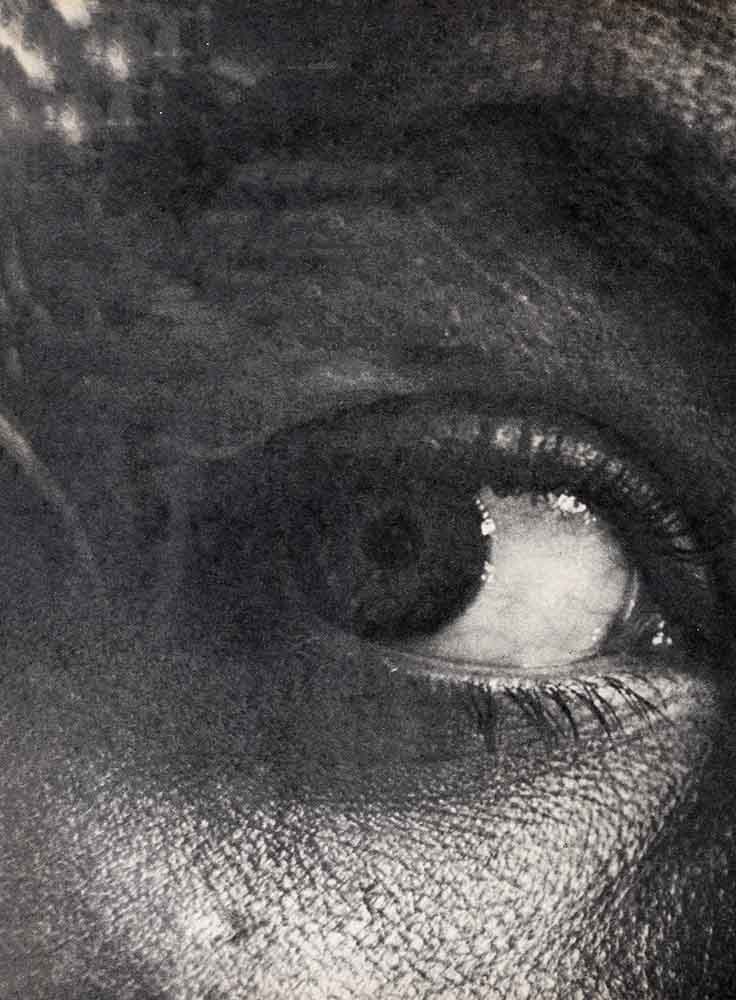
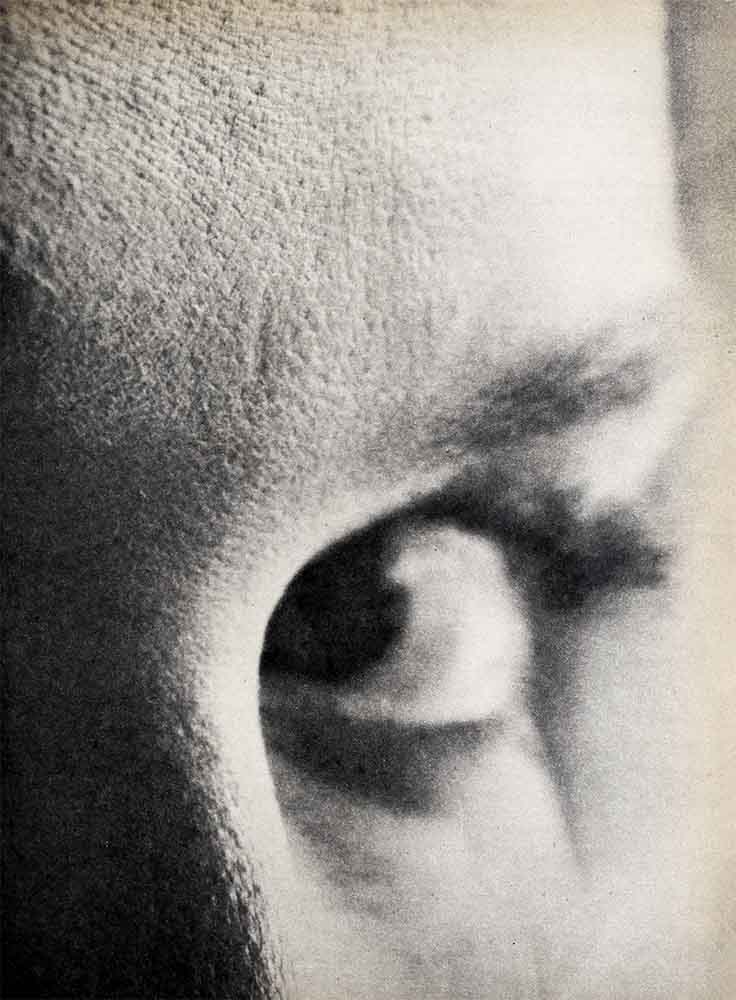

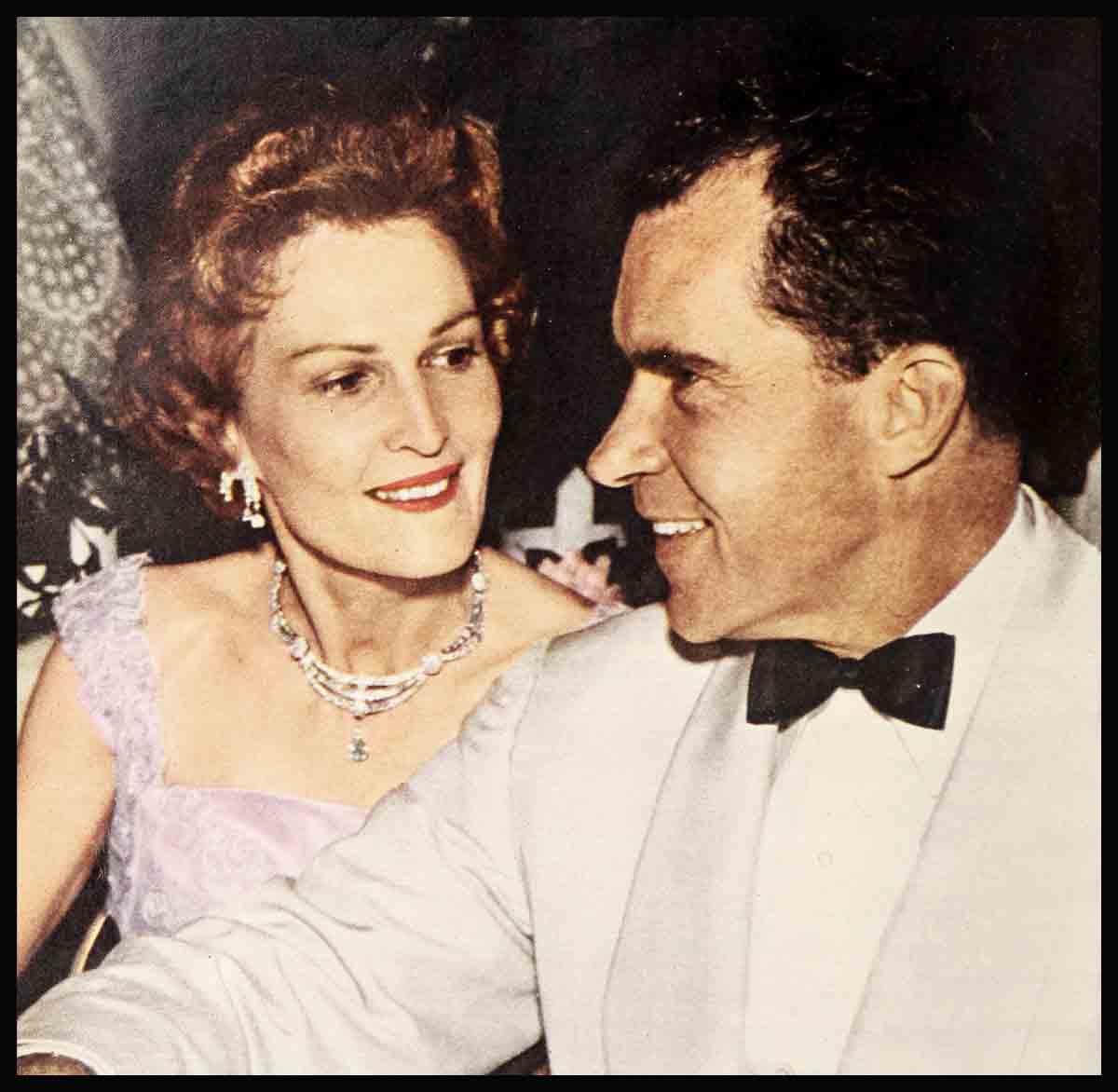
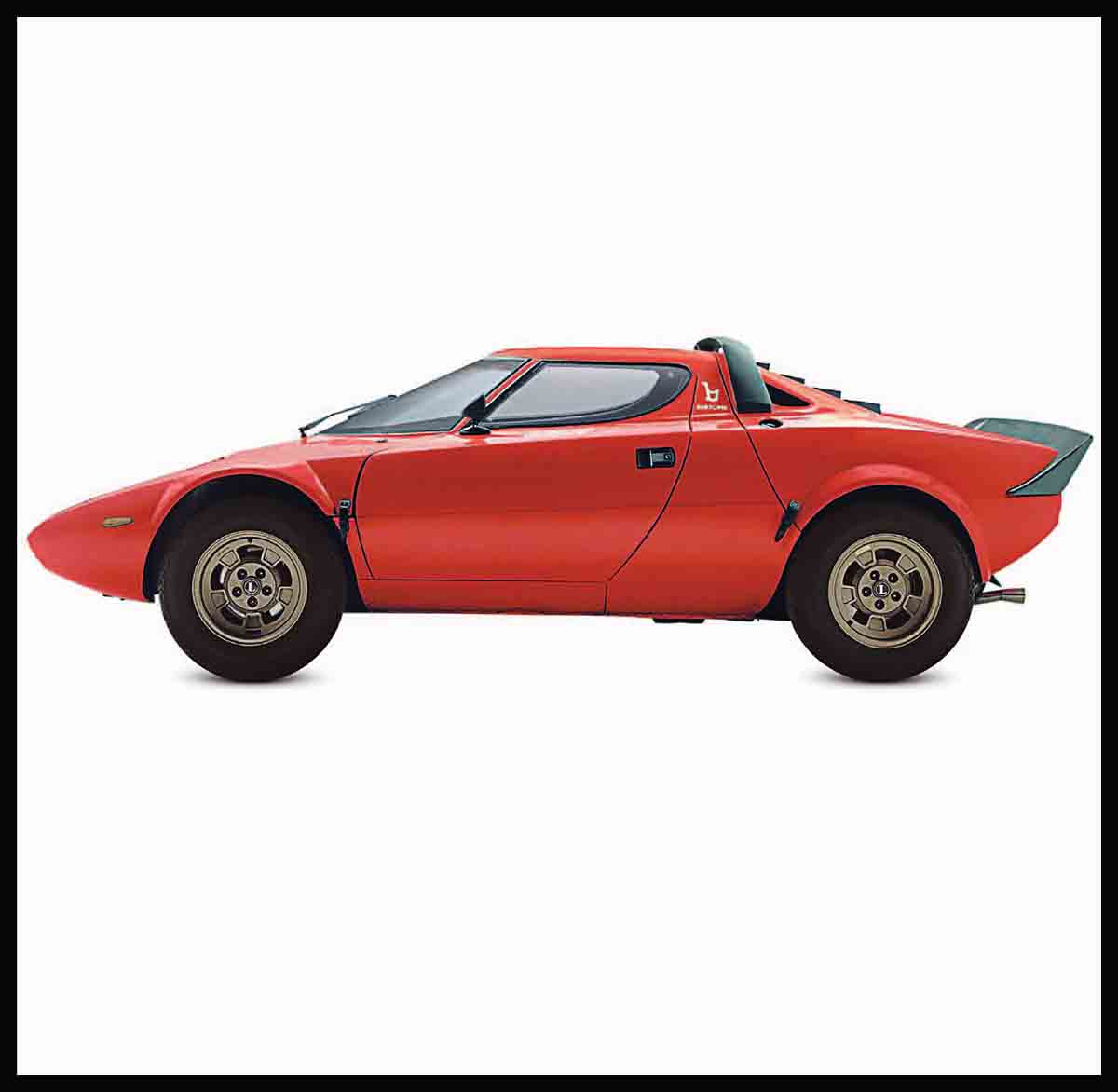

zoritoler imol
24 Nisan 2023I got what you mean , regards for posting.Woh I am happy to find this website through google.
vorbelutr ioperbir
4 Temmuz 2023You are a very intelligent individual!
Sha1
30 Kasım 2023This is the right blog for anyone who wants to find out about this topic. You realize so much its almost hard to argue with you (not that I actually would want…HaHa). You definitely put a new spin on a topic thats been written about for years. Great stuff, just great!